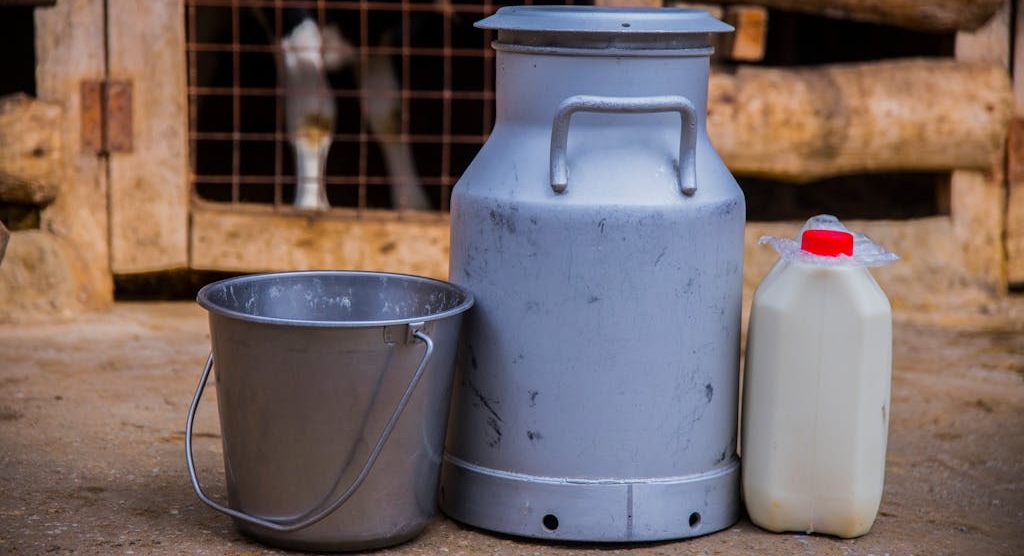Progress has been made toward gender equality, but women still face numerous challenges in achieving equal participation in the economy. Globally, women are significantly underrepresented in formal employment. In sub-Saharan Africa, this challenge is even more pronounced. While women’s labor force participation rate is lower than men’s (62% vs. 74%), a significant proportion of women (63%) are engaged in informal work compared to men (59%). Despite the vital role the informal sector plays in many women’s livelihoods, they face numerous barriers, including limited access to capital, tools, training, and markets. With the right support, these women can overcome these challenges, improve their livelihoods, and contribute significantly to economic growth and social development.
In response, BFA Global, commissioned by the Bill & Melinda Gates Foundation, conducted a rapid assessment of potential partners working to enhance women’s economic empowerment in Kenya. BFA Global experts will evaluate the impact and scalability potential of these partners in increasing the incomes of low-income women working in livelihoods to better themselves in Kenya.
BFA Global engaged with nine organizations across different sectors to understand their pathways for enhancing women’s livelihoods through job creation or improvement or through entrepreneurship initiatives. Following the initial nano projects —8-week test initiatives—4-6 of these organizations will be selected for a 9-month pilot phase. During this period, BFA Global will work closely with the selected organizations to assess the effectiveness of their solutions and provide technical assistance for scaling up their initiatives.










